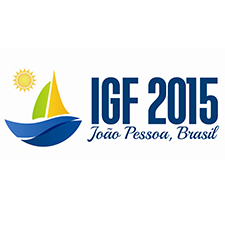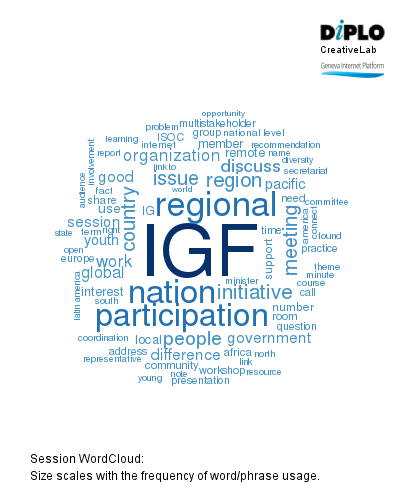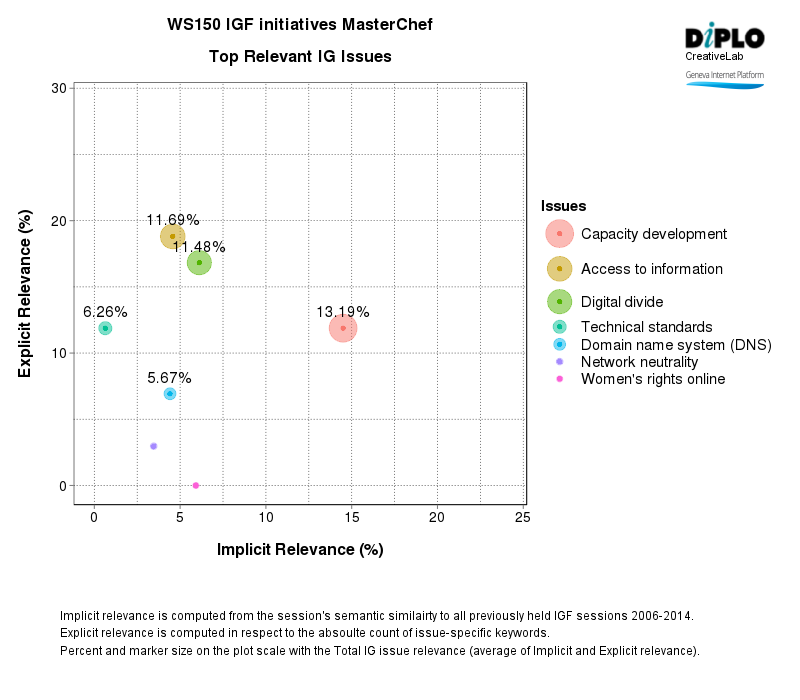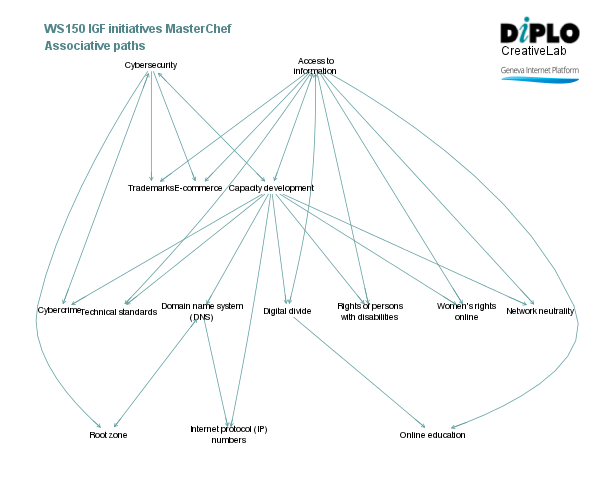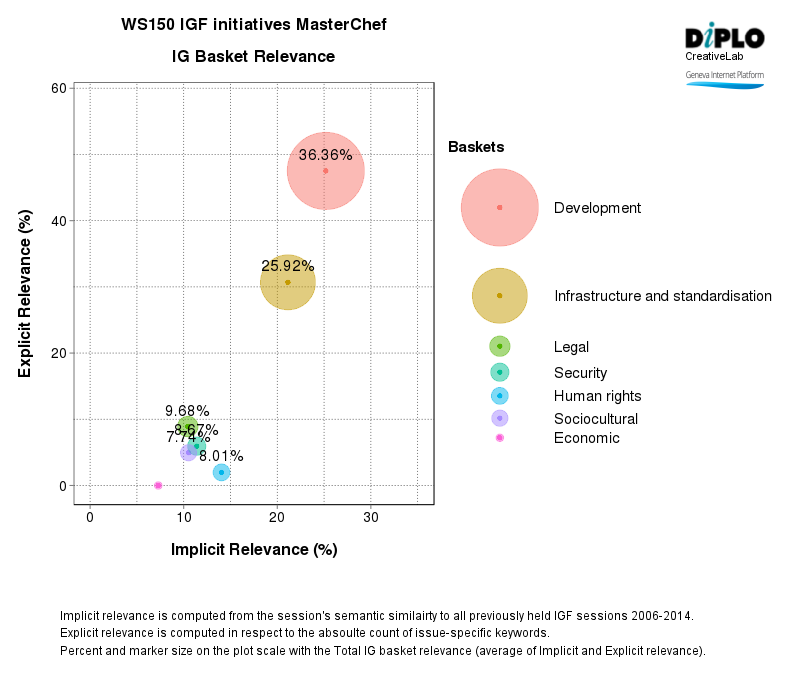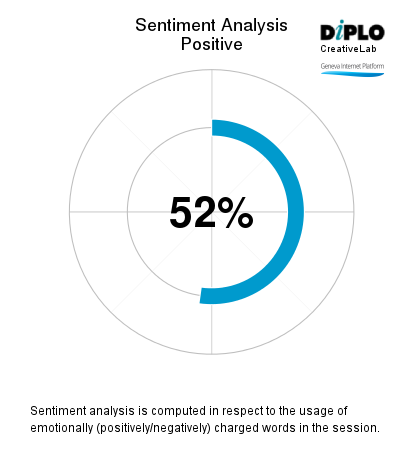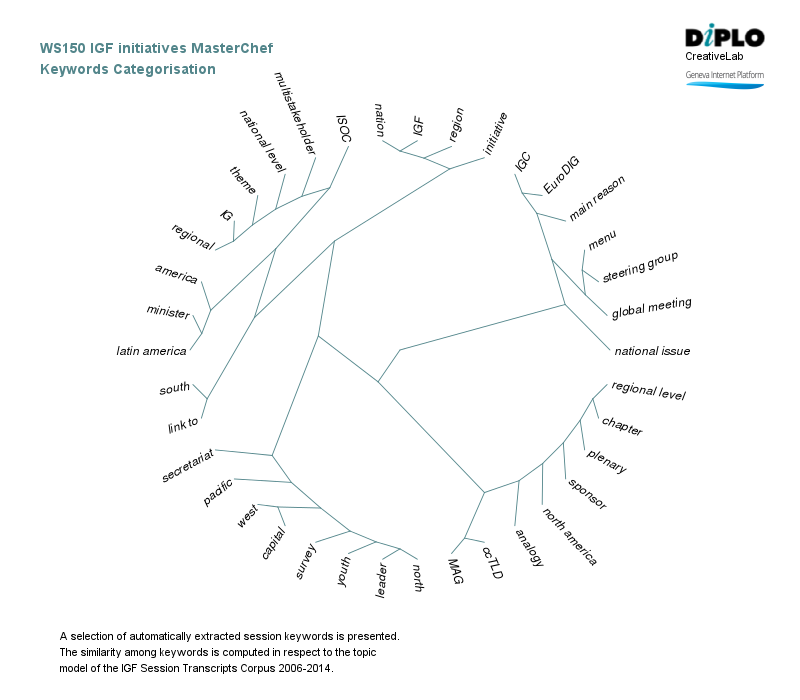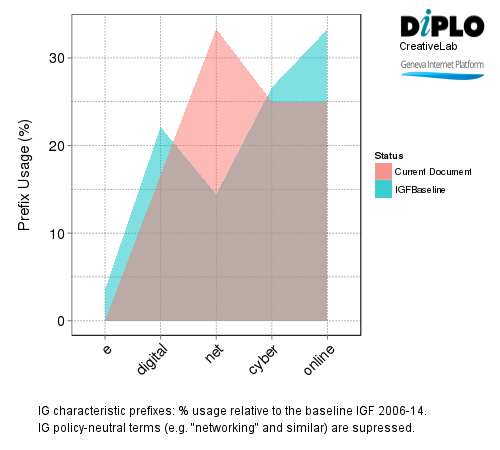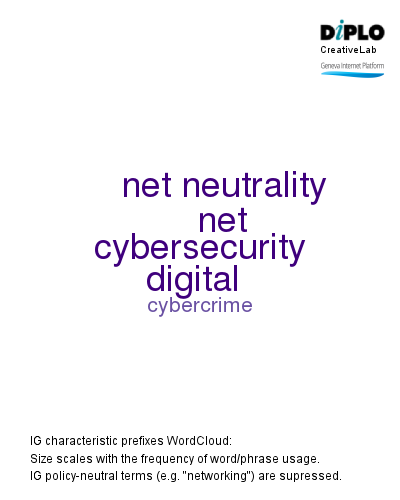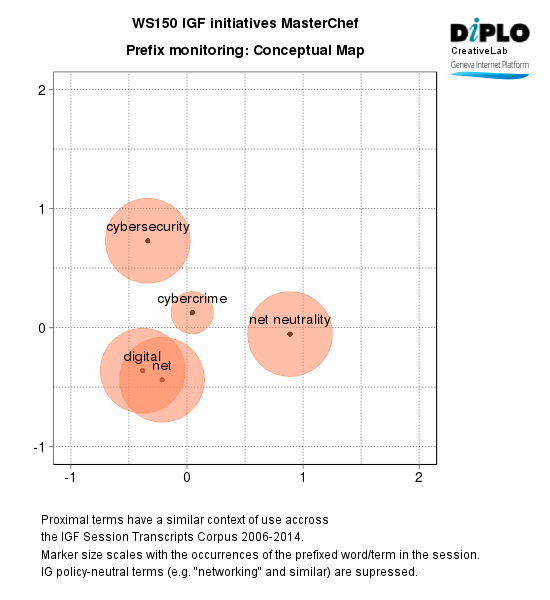IGF initiatives masterchef
12 Nov 2015 11:00h - 12:30h
Event report
This workshop sought to bring together national and regional IGFs to create recommendations, in the form of recipes, to help the global IGF evolve and form new initiatives.
Lianna Galstyan, ISOC Armenia, guided the participants through the ‘menu’ of the workshop and appointed Markus Kummer, former chair of the IGF Secretariat and current ICANN board member, as master chef, while Marilyn Cade, IGF USA, was nominated as sous-chef for the session.
The session began with Kummer expressing his view on the national and regional IGFs, which he considered to be ‘positive, unintended consequences’ of the global process. He also emphasised that there is no ‘one size fits all’ format for a local IGF, and that each national and regional meeting takes its shape according to local needs and priorities.
Finally, he hoped that in the future, the global IGF would be built from the bottom up, consisting of different national and regional concerns.
Marilyn Cade also emphasised the great diversity of different initiatives, and the importance of recognizing each IGF’s identity and uniqueness.
Participants were then divided into regional groups to discuss, among themselves, best practices and challenges faced by their local IGFs, and to generate ideas on how to create linkages between national, regional and global IGFs.
The regional groups were then asked to present their findings.
Latin American Group:
- The biggest challenges are financial resources and country size. The latter makes it difficult to generate regional representation. A solution could be to organise the IGF in several cities every year, and to use the possibility of remote hubs.
Asia-Pacific Group:
- Recommendations are ‘policy ping-pong sessions’, during which participants can bring up issues spontaneously, and the creation of a synthesis document summarising local IGF developments.
- Challenges mainly relate to the diversity and vastness of the region, which also engenders high travel costs, cultural variety and language barriers.
African Group:
- The regional IGF has a good experience with holding a summer school on Internet governance prior to the African IGF, which enhanced the level of discussion.
- Challenges include cultural differences related to the acceptance of the multistakeholder model, as well as a lack of financial and human resources.
European Group:
- It is important to relate the local IGF to issues that are relevant at the national level.
- A key challenge is to raise awareness on the importance of Internet governance. Since the term ‘Internet governance’ does not reach a large audience, the topic should be broken down into relatable issues, and topics should be defined bottom-up.
North American Group:
- National IGF’s should be careful not to develop too much into ‘capital city IGF’s’, which would only discuss policy issues, and omit some of the broader, national issues at stake.
- The North-American region does not have a regional IGF, but regional initiatives could be taken related to coordinate specific IG-related topics.
In sum, each region experiences specific challenges and has its unique features, although some of the challenges and practices are globally shared. Closer linkages between the local initiatives, as well as between these initiatives and the global IGF should be created, in order to share resources and best practices, and to improve the information flow.
By Barbara Rosen Jacobson
Session Analytics
Session analytics on Digital Watch are produced from computational text-mining and statistical modeling of the IGF session raw transcripts.
All analytics are produced from DiploFoundation’s Text-Analytical Framework (DTAF).
Related topics
Related event
